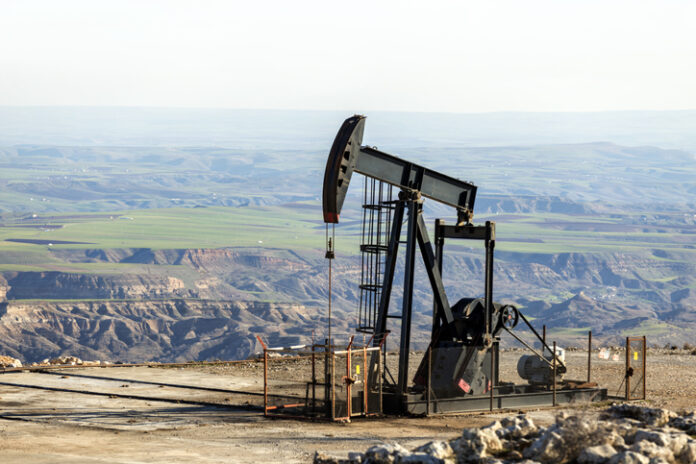New Mexico Gov. Michelle Lujan Grisham is backing legislation that sets a goal of net-zero carbon dioxide emissions by 2050.
Lujan Grisham’s office began circulating a draft bill for comment in mid-January.
By Jan. 30, HB 6, the “Clean Future Act” had been introduced and passed by the state House Energy, Environment & Natural Resources Committee, on a vote of five members in favor of the bill and four opposed to it.
If the bill ultimately becomes law and its aims are met it would reduce greenhouse gas emissions in the state, including carbon dioxide and methane, to 50 percent of 2005 levels by 2030, and force the state’s energy related emissions to be the equivalent of zero emissions by 2050.
The bill’s goals could be met through a combination of actual emission reductions, and offsets. However, the bill stipulates that total carbon dioxide emissions would have to be reduced to 10 percent of 2005 levels, to ensure actual emissions don’t increase just because they are offset.
Reporting Requirements
The Clean Future Act also establishes strict reporting requirements.
It would require businesses and state agencies to monitor their progress in reaching the net-zero goal.
State agencies would be required to continually explore ways to reduce their carbon emissions and annually report any climate impacts their policies have on disadvantaged communities, and what they are doing to reduce them.
The bill is significant because New Mexico is the third-largest oil producing state in the United States.
The state’s southeastern quadrant is part of the hydrocarbon-rich Permian Basin, which includes West Texas. New Mexico produced 1.3 million barrels of oil a day in 2021.
Oil, Gas, and the Economy
Lujan Grisham’s proposal would likely put additional regulatory pressure on the New Mexico’s oil and gas industry, which a 2021 PricewaterhouseCoopers (PwC) report showed was the foundation for economic growth in the state.
According to PwC’s report, the New Mexico’s oil and natural gas industry directly or indirectly supported over 114,000 jobs in the state, accounting for or 10.2 percent of the state’s total employment.
In addition, the study found the oil and gas industry produced $6.9 billion in labor income, was 11.6 percent of the states total, and had a statewide economic impact of $18.8 billion, for 17.9 percent of the state total.
Climate Always in Flux
The climate is in constant flux, and not due to human energy use, says Howard Hutchinson, executive director of the Association of Arizona/New Mexico Counties.
“Many here in New Mexico recognize that the climate has been constantly changing,” said Hutchinson. “From the 12th century to the early 15th century, the Southwest endured prolonged drought, during which numerous tribes were forced to leave the region for more hospitable growing and food-gathering conditions.
“That drought was not created by human activity,” said Hutchinson.
‘Insanity … Cannot be Overstated’
While the climate is constantly changing, for the good of our modern economy what hasn’t changed is the need for fossil fuels, and, as a result, Lujan Grisham’s proposed fossil fuel restrictions are crazy, Hutchinson said.
“The Clean Future Act is about further centralizing command and control over New Mexico’s citizens and natural resources,” Hutchinson said. “The stated purpose of this act is to eliminate all carbon-based energy by 2050.
“The insanity of this goal cannot be overstated,” said Hutchinson. “Essentially, this is a call to force human civilization into prehistoric conditions.”
This plan is almost certain to fail, says Jay Lehr, Ph. D., a senior policy advisor with the International Climate Science Coalition
“In the third-most important oil-producing state in the country, a plan is being seriously considered that would all but eliminate carbon dioxide emissions in New Mexico by mid-century,” said Lehr. “The governor will ultimately not be able to implement her plan, because it would reduce the standard of living in New Mexico to levels endured by those unfortunate enough to be living south of the border, which the voters ultimately won’t stand for.
“Humans have no measurable impact on the planet’s temperatures, but New Mexico does have a beneficial impact on the economy of the entire nation through its oil production,” Lehr said.
Bonner R. Cohen, Ph.D., (bcohen@nationalcenter.org) is a senior fellow at the National Center for Public Policy Research and a senior policy analyst with the Committee for a Constructive Tomorrow.



























[…] post New Mexico’s Governor Is Pushing Steep Emissions-Reductions in the State appeared first on Heartland Daily […]